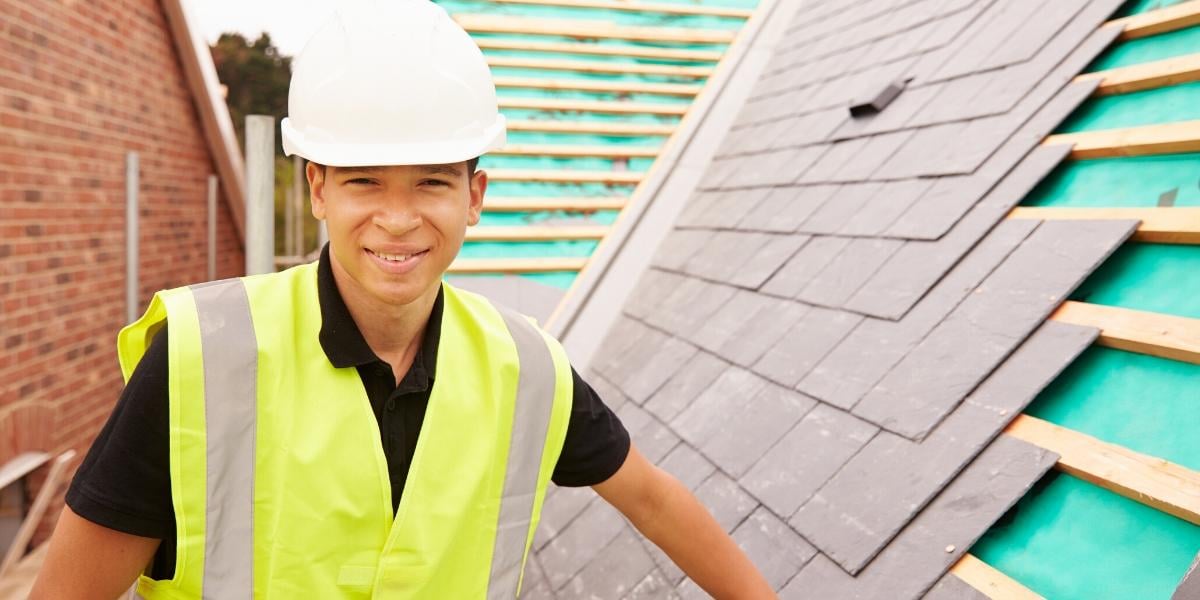What does job readiness mean to you? Skilled trade jobs demand it so that tradespeople can hit the ground running. Yet, it also depends on the people you're working with and how they perceive you. Your ability to get things done efficiently also depends on others being ready to work with you. A little prep work can go a long way in getting everyone comfortable first thing.
1. Research the business.
You need to know the business that will work with you. What have they done before? Do you know others who've worked with them? Understand the basics of how they like to operate and roll skilled workers into that operation. Demonstrating a knowledge of this also helps businesses feel like you're ready to get working Day One.
It may seem counter-intuitive, but businesses will often answer questions more thoroughly for people who already demonstrate knowledge than for those who don't.
2. Present yourself well.
A first impression communicates job readiness. Wear clothes that are appropriate for the environment. If it's an interview off the job-site, business casual doesn't hurt. If you're meeting on the job site, dress to get dirty but don't come in clothing that's already ripped or torn. Professionalism is as much perception as anything else, and it can convey that you're respecting an employer's time.
3. Be reliable.
Show up to the interview on time. Show up to the job on time. In fact, aim early if you don't know the route or what traffic is usually like. Don't waste time on your phone – pick it up only if you need to. Ask questions about how co-workers like to be engaged. If the job has a laid-back attitude, you can always start more professional and ease in. It's much harder to start too casually and then try to switch to a more professional air.
4. Display confidence and self-control.
If you work skilled trades jobs, then you already know what you're doing from a technical angle. You're well trained, and likely have some experience. Being able to apply that training and experience on the job will have as much to do with how others interact with you. Show confidence about what you do know. Be willing to make suggestions. Don't fake confidence in what you don't know – this is a quick way to ruin someone's trust in you and creates doubt about the knowledge you really do have.
Show self-control about your emotions. Job readiness relies on you being understanding and patient. If you get angry with someone, others will be less willing to work with you or give you what you need to do your job. If someone needs teaching about a concept you understand well, teach. If you need to be taught about something you could understand better, ask. This is how everyone gets on the same page, trusts you, and grasps that you trust them as well.




